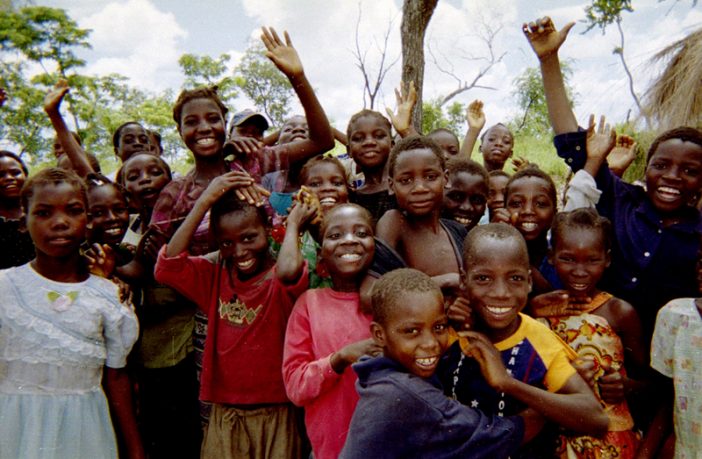- The German International Cooperation Agency (GIZ) will support Mozambique with a €3 million renewable energy fund.
- The fund is aimed at alleviating poverty by providing the most disadvantaged with access to renewable energy.
- The initiative serves as “an answer to the need to propose alternatives to poverty reduction by encouraging economic growth in the rural, urban and peri-urban areas of the country”.
This initiative aims to “accelerate energy access for millions of Mozambicans”, the Foundation for Community Development (FDC) announced in a communique, and is developed jointly with the German International Cooperation Agency (GIZ).
In addition to increasing access to renewable energy, the partner institutions also want to promote private sector development and expansion, encourage female entrepreneurship, and provide rapid response to humanitarian crises.
This funding will be available in three windows. The first one, dubbed “Access”, will promote modern renewable energy solutions for households outside the national grid, including improved stoves and photovoltaic systems.
The second phase, “Productive Use”, is intended to develop photovoltaic solar solutions and power equipment for commercial and agricultural businesses in rural areas exclusively.
The third phase is the “Humanitarian” one, and aims to spread improved stoves and photovoltaic solar solutions to vulnerable families. Initially, funds in the ‘humanitarian’ phase are expected to be spent only in the regions most affected by Cyclone Idai, which hit Manica and Sofala provinces in March this year.
Author: Bryan Groenendaal















